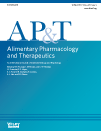 A gastroenterology and hepatology journal has retracted a 2017 review after discovering it included data “accessible only during peer review for another journal.”
A gastroenterology and hepatology journal has retracted a 2017 review after discovering it included data “accessible only during peer review for another journal.”
Although we don’t know the details of this particular case—for instance, how the editors and publisher of Alimentary Pharmacology & Therapeutics learned about the transgression and which author was responsible—the journal acted quickly to retract the paper, which was published online in March.
Here’s the retraction notice for “Systematic review: benefits and harms of transarterial embolisation for treating hepatocellular adenoma:”
Continue reading Yikes: Peer reviewer stole (and published) author’s data
 Mistakes happen. Including, sometimes, putting articles that should be freely available
Mistakes happen. Including, sometimes, putting articles that should be freely available 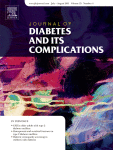



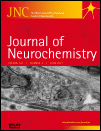 A neurochemistry journal has retracted a paper from a group in China over a duplicated image.
A neurochemistry journal has retracted a paper from a group in China over a duplicated image.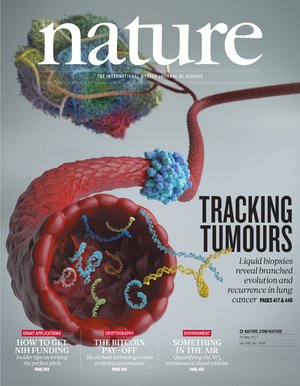 A former researcher at Johns Hopkins who voiced concerns about a now-retracted paper in
A former researcher at Johns Hopkins who voiced concerns about a now-retracted paper in 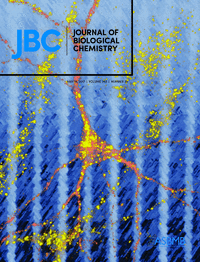 On April 27, the Journal of Biological Chemistry (JBC) retracted nine papers by a researcher based in Israel, including some dating back to 2000.
On April 27, the Journal of Biological Chemistry (JBC) retracted nine papers by a researcher based in Israel, including some dating back to 2000.